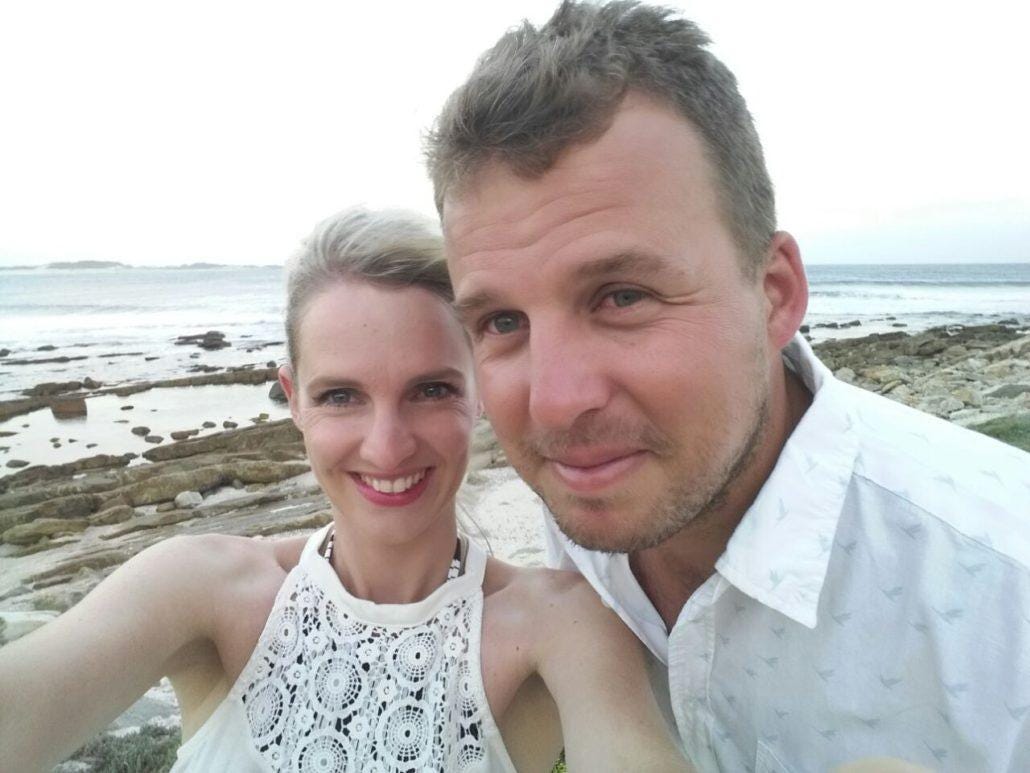Finding Love in a Romantic Age
Never in the history of humanity has romantic love been so celebrated. But what if all the romance on sale this week clouds a basic and vital truth - in a tragic world, love is meant to be something deeper than happiness and the fulfillment of desire.

When I teach poetry, I'm often struck by how unromantic the Romantic poets were. Most of the time their …
Keep reading with a 7-day free trial
Subscribe to Chris Waldburger to keep reading this post and get 7 days of free access to the full post archives.


